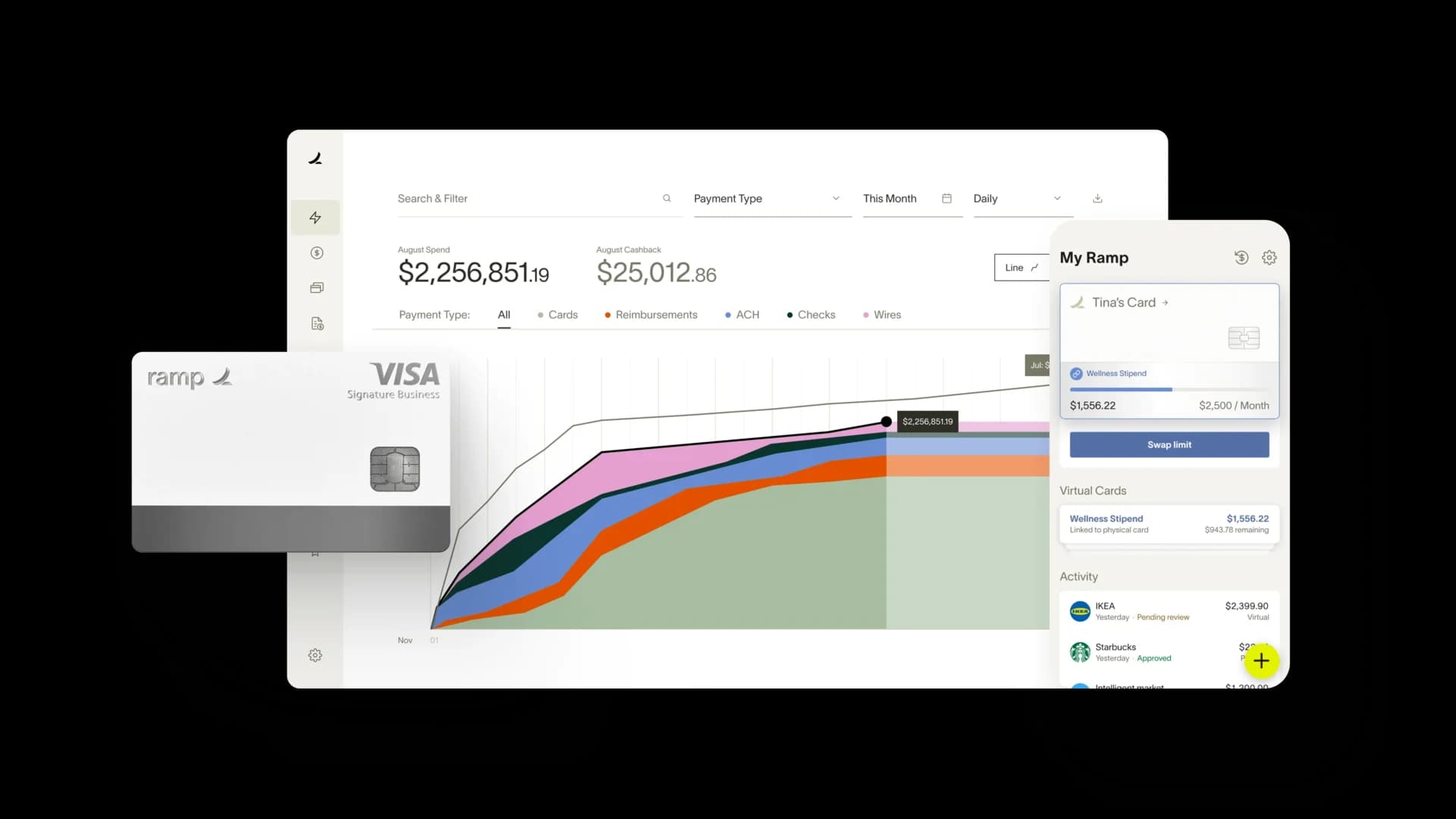West Virginia mileage reimbursement rates & calculator


Mileage reimbursement helps cover the cost when employees use their personal vehicles for work-related travel. In West Virginia, state employees are required to be reimbursed for business mileage, while private employers generally have more flexibility in how they approach reimbursement.
Even when it isn’t required, offering mileage reimbursement can help you stay aligned with wage and workers’ compensation requirements, reduce compliance risk as regulations change, and show employees that their work-related expenses are taken seriously.
West Virginia business mileage reimbursement rates
For 2026, the mileage reimbursement rate for state employees in West Virginia is $0.725 per mile. As a private employer, you're not legally required to follow this rate, but offering a comparable reimbursement can be beneficial in supporting your employees' travel expenses.
Here's a tabulated snapshot of the latest West Virginia mileage reimbursement rates over the years, which comply with the IRS.
| Tax Year | Business rate | Charitable rate | Medical/ moving rate |
|---|---|---|---|
| 2026 | $0.725 | $0.14 | $0.205 |
| 2025 | $0.70 | $0.14 | $0.21 |
| 2024 | $0.67 | $0.14 | $0.21 |
| 2023 | $0.655 | $0.14 | $0.22 |
| 2022 (Jul 1 to Dec 31) | $0.625 | $0.14 | $0.22 |
| 2022 (Jan 1 to Jun 30) | $0.585 | $0.14 | $0.18 |
| 2021 | $0.56 | $0.14 | $0.16 |
| 2020 | $0.575 | $0.14 | $0.17 |
Please note: You may reimburse your employees at rates above or below the IRS standard. However, any excess reimbursement over the IRS rate is subject to taxation as income.
West Virginia mileage reimbursement calculator
Using the mileage reimbursement calculator is straightforward.
- Choose the tax year for which you want to calculate
- Input the miles driven to determine how much money can be received in return.
West Virginia mileage reimbursement laws
As an employer in West Virginia (WV), understanding mileage reimbursement laws is crucial. You'll need to know not just what applies to state employees but also what's required of you. Policy No: DOT 1.4 dictates the rules for state employees, while you must follow Code §23-4-8 of the Workers' Compensation Act.
Let's break down all such critical WV mileage reimbursement rules so you can stay compliant with the law.
Policy No: DOT 1.4 for state employees' mileage reimbursement
For state employees in West Virginia, mileage reimbursement is not just a courtesy — it's a legal requirement.
The current rate is 72.5 cents per mile, as set by the Department of Administration's Purchasing Division, effective January 1, 2026. Policy No: DOT 1.4 governs the use of privately owned vehicles for state business travel.
As per the policy, employees can use personal vehicles only if state-owned vehicles are unavailable or not cost-effective.
However, privately owned vehicles shouldn't be used under two conditions.
- If reimbursement expenses are expected to exceed $50 per day.
- If the mileage reimbursement is likely to cost more than commercial travel options like a rental car.
WV code §23-4-8 of the workers' compensation act for mileage reimbursement
When it comes to workers' compensation, mileage reimbursement is non-negotiable. West Virginia Code §23-4-8 mandates that you must reimburse injured employees for travel expenses incurred while seeking medical treatment ,which includes mileage.
This law ensures that employees who are injured on the job do not bear the financial burden of traveling for necessary medical care.
Code §21-5C-2 of WV minimum wage law and its impact on mileage reimbursement
Governed by West Virginia Code §21-5C-2, West Virginia's Minimum Wage Law is a legal mandate that every employer is supposed to follow, no matter the sector – private or public.
The current minimum wage, $8.75 per hour, is set to increase as a part of the latest amendment announced to the Code §21-5C-2 under House Bill 4534.
While Code §21-5C-2 directly addresses wages, it also indirectly impacts mileage reimbursement. When you offer mileage reimbursement, you're reducing the likelihood that the wages of any of your employees will drop below the state minimum. This will keep you in sync with the Minimum Wage Law.
Automate and simplify your mileage tracking with Ramp
When you reimburse your employees for mileage, you're compensating them for the costs they incur when using their personal vehicles for work. Ignoring these laws can lead to legal troubles and financial penalties, but more importantly, it can damage the trust your employees have in you.
When you do offer fair mileage reimbursement, you automatically align your business to experience the benefits listed below.
- Ensure compliance with Code §23-4-8 of the Workers' Compensation Act.
- Fairly compensate your employees, boosting morale.
- Stay ahead of rising minimum wages by offering fair mileage reimbursement, helping you remain a trustworthy name in the job market.
Now, here's where Ramp comes in. Ramp's AI-powered expense management system can completely automate your mileage tracking and reimbursement process, ensuring that every mile is accounted for accurately.
Imagine no more manual logs, no more missed reimbursements, and complete compliance with West Virginia's laws — all handled smoothly by Ramp.
See how Ramp automates expense and mileage tracking for 50,000 businesses












